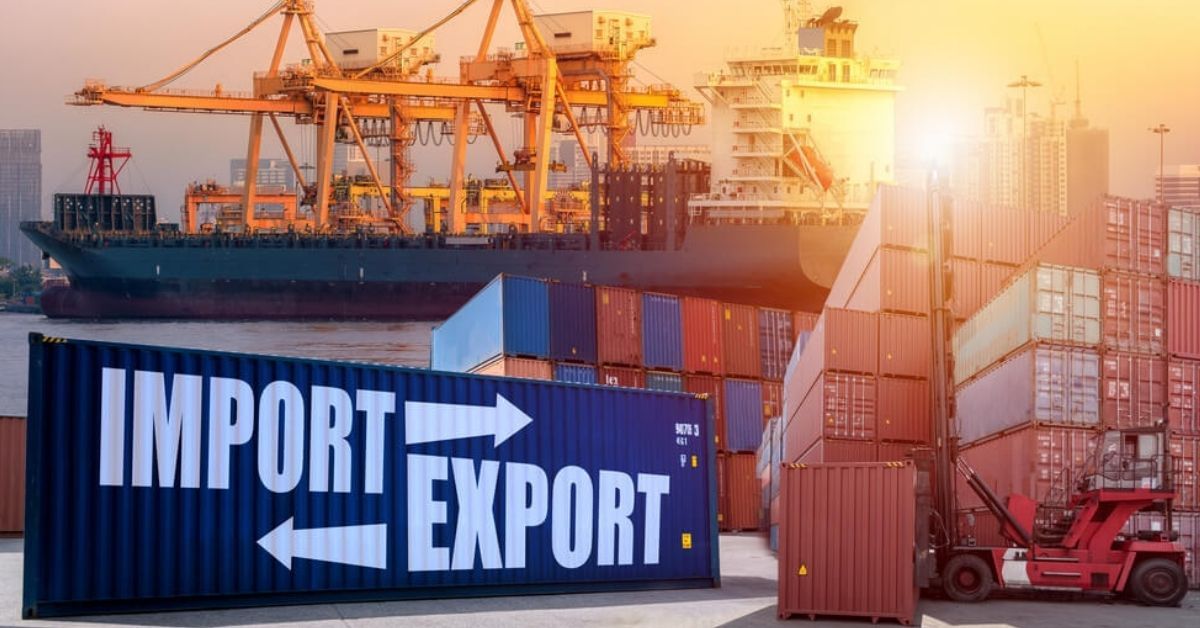The Hamas conflict is potentially leading to disruptions in Israel’s exports to India, says Container xChange, an online platform for container logistics based in Germany.
“The Israel-Palestinian conflict serves as a reminder of the uncertainties facing ambitious trade projects like the India-Middle East-Europe Economic Corridor (IMEC), positioned as a Western counterpart to China’s Belt and Road,” said Christian Roeloffs, Co-founder and CEO, Container xChange.
IMEC, involving railways, ports, and green energy, aligns with the G7’s plans to mobilise $600 billion by 2027 for global infrastructure investments. India’s trade with Saudi Arabia has doubled in two years, reaching $53 billion in 2023, but the corridor’s true potential lies in strengthening Indian-European trade ties.
Reliable link
To fully realise IMEC, a reliable link between Saudi Arabia and Israel is essential. However, the ongoing regional complexities make it riskier for Saudi Crown Prince Mohammed bin Salman to normalise diplomatic relations with Israeli Prime Minister Benjamin Netanyahu, Container xChange said.
In the near term, the Suez Canal remains the primary route for goods from India to Europe. This conflict underscores the enduring complexities of reshaping global trade and financial routes, highlighting the unpredictable nature of such endeavours.
Christian Roeloffs said the Suez Canal may face disruptions. Similarly, the Strait of Hormuz, a backbone for oil and gas shipping, could be affected. However, the extent of these effects will largely depend on the conflict’s expansion and duration. Leading international companies to issue cautionary advisories and adapt their operations in the region.
Maersk, a major player in the industry, reassured stakeholders by announcing that its port operations across Israel’s key terminals are functioning without disruption. MSC echoed this sentiment, asserting that Israel’s major terminals are operational, enabling them to facilitate cargo delivery.
Individual ports
The Port of Ashdod, situated 50 km from the Gaza border, operates in an ‘emergency mode’ only, subject to potential missile attacks. Furthermore, restrictions on vessels carrying Hazardous Materials remain in effect.
In contrast, the port of Haifa, encompassing the Haifa Bay port and Israel shipyard, continues with business as usual, undeterred by the conflict.
Located just 15 km from the Gaza border, the Port of Ashkelon is severely impacted, rendering it incapable of normal operations due to missile threats.
The port of Hadera, in comparison, carries on without disruption, maintaining its regular functions.
The port of Eilat similarly remains operational, showcasing the industry’s commitment to ensuring the flow of maritime trade.
Beyond the ports, several global companies with a presence in Israel have been forced to adjust their operations. Chevron, the second-largest US oil and gas producer, was directed by Israel’s energy ministry to shut down the Tamar natural gas field off the country’s northern coast.
Adani Ports, operator of the Haifa Port, assured stakeholders of operational readiness while closely monitoring the situation and having a business continuity plan in place.








